This One Step Will Turn 5 Kinds of Food Scraps into Excellent Fertilisers
You are throwing away organic fertilisers rich in potassium, calcium and phosphorous. Here's how you can easily utilise them
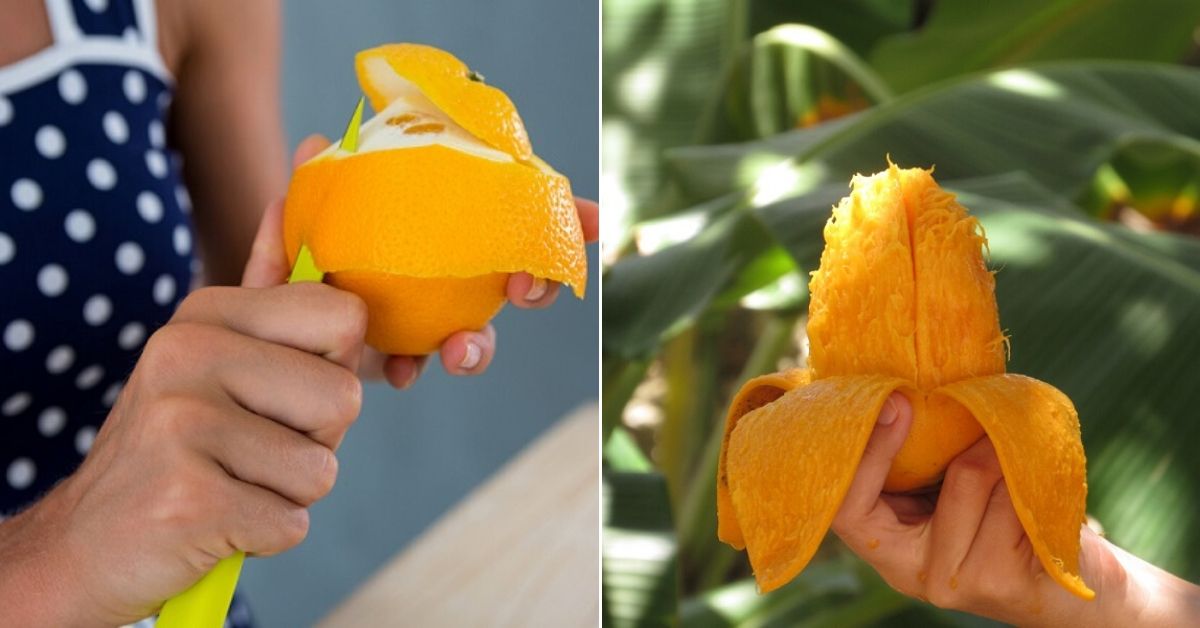
The soil is an organic entity, ever-changing and adaptable to the atmosphere around it. While microorganisms and insects enhance its nutritive value, sometimes, it falls short and cannot provide the nutrients that different plants need.
In such cases, adding organic fertilisers becomes essential to ensure healthy plant growth. However, you may or may not have the time or the inclination to begin composting. But there’s an easy way out—fruit and vegetable peels!
These all-natural are readily available, and making a fertiliser from them takes hardly any time. If used consistently, there will be a marked increase in the phosphate, potassium and calcium contents of your soil, which will ultimately help your beloved plants to bloom brighter.
1. Banana peels as a natural fertiliser
Banana peels contain about 42 per cent potassium and are rich in calcium and manganese too. These peels, which are usually tossed away in the wet waste, can be excellent fertilisers for fruiting plants like tomato and chilli.
Take the skin of one banana and chop it into small pieces. Add it to a mixer grinder with one-litre water (always maintain the 1 peel: 1-litre water ratio). Make a thin slurry out of it until it looks homogenous. In hot months, dilute this further with another 500 ml to 1-litre water (this can be done in a bucket instead of a grinder) and water your plants with it. During colder months, you can skip the second step of diluting the fertiliser.
2. Onion skins to make your garden thrive
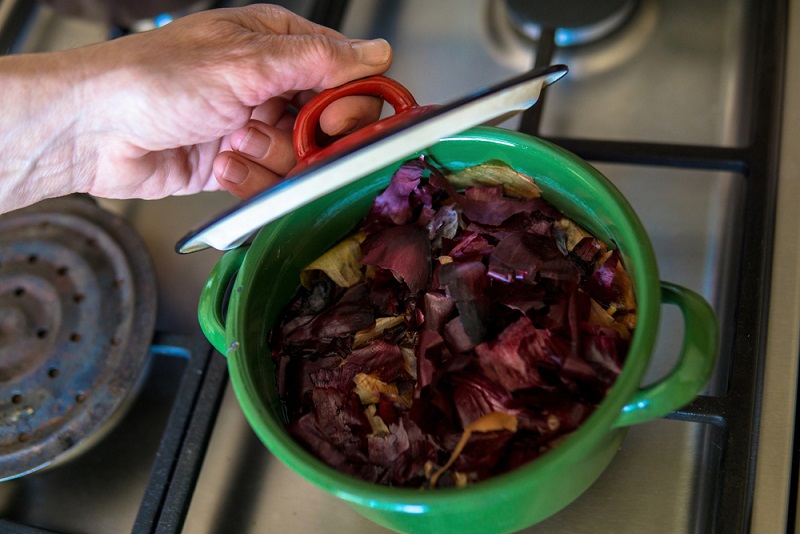
The delicate onion skins we throw away without a second thought, are full of quercetin—a plant pigment which is a root regeneration. So the next time you are cooking with onions, make sure you keep the skins intact.
Here’s how to make fertiliser from them:
Take a handful of onion peels (of about 3-4 big onions of 5-6 medium-sized onions) and soak them in 1-litre water for 24 hours. Use the drained water in your garden the following day. The peels can go with the water too. If you fertilise your plants regularly, do this only once in 15 days. You can see the result in a couple of months.
To make this process quicker, you can boil the onion peels in a more diluted proportion for a couple of hours. Mix this slurry with room temperature water for your plants. However, the soaking method comes highly recommended rather than boiling.
3. Pomegranate peels as fertilisers for your garden
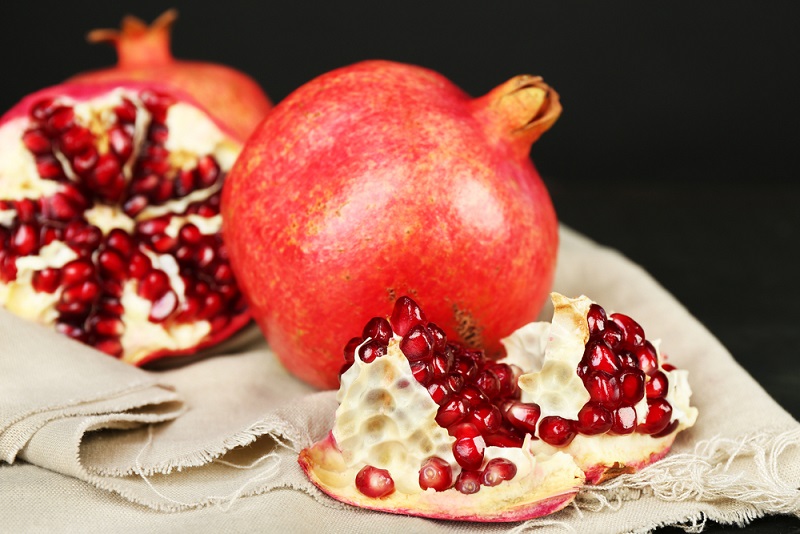
Did you think that the pomegranate seeds are its only useful part? Think again!
Its peel contains healthy amounts of potassium (1.6 per cent), Magnesium (0.2 per cent), calcium (0.1 per cent) as well as iron, copper, zinc and phosphorus to fertilise your plants.
Once you separate the seeds from the pomegranate fruit, dice the skin into small pieces. Add them to a grinder and add a cup of water. Grind into a thick paste. Dilute one part of this paste with five parts of water for your plants. That’s it!
4. A nitrogen boost with orange peels
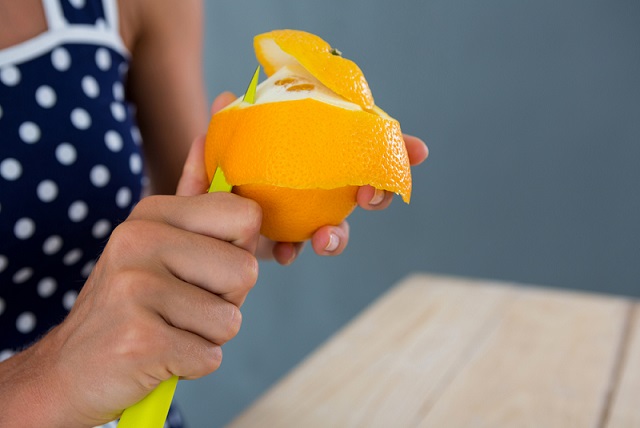
Orange peels are rich in nitrogen—an essential component to grow leafy greens. If you eat oranges frequently, you may not be able to compost all the peels (the acidic nature of the citrus fruit makes it difficult to decompose and affects the pH levels of the compost).
So, what do you do with them?
One way is to make bio-enzymes by soaking orange peels and jaggery in water for a good 2-3 months. But you can opt for a much faster method too. Grind orange peels with a little bit of water— just enough to make a paste. You can add this fertiliser to your garden or dilute it and use the solution to water your plants.
If you are going for the concentrated paste, make sure you don’t overdo it (different plants require different nitrogen levels. For instance, tomatoes grow well without much nitrogen). Spread the paste on the rims of your pots of at least 2 inches away from the branch/ stems. This will add the nitrogen and acidic properties to the soil and not the plant.
5. Mango peels as fertilisers for your garden
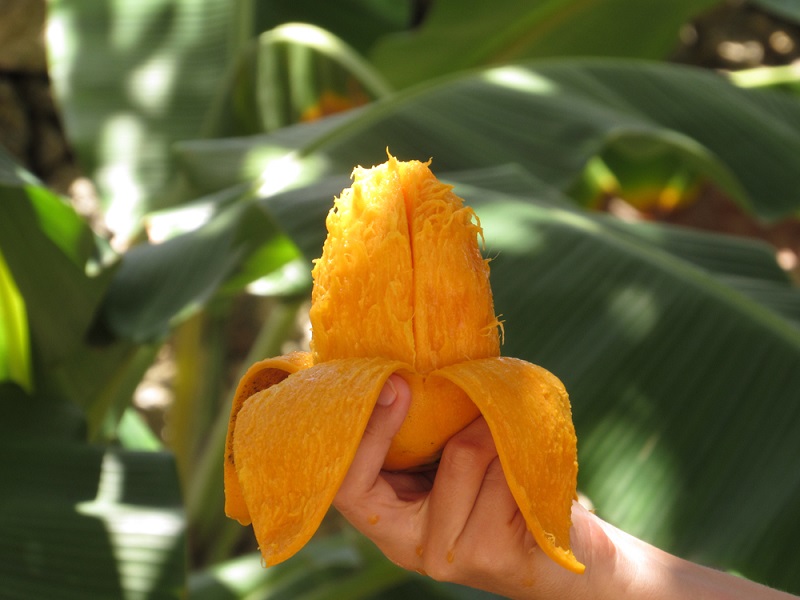
Mangoes are rich in vitamin A, B6, C as well as dietary fibre, copper, folate etc. And although we usually throw away the peels, they too contain Vitamin C, E, polyphenols, carotenoids and plant fibres. Utilise them as organic fertilisers for your plants this summer.
Once the flesh of the mango is eaten, cut the peels into small pieces and add them in an airtight container.
Add one glass of water for the peels of one mango. Close the lid tightly and leave for 24 hours.
The next day, open the container and stir the peels to aerate them. Close the lid again and wait for another 24 hours. On the third day, strain the liquid and dilute it with one glass (about 200 ml) of water. Water your plants with this mixture. Repeat once or twice a week for optimum results.
(Edited by Gayatri Mishra)
Like this story? Or have something to share? Write to us: [email protected], or connect with us on Facebook and Twitter.
If you found our stories insightful, informative, or even just enjoyable, we invite you to consider making a voluntary payment to support the work we do at The Better India. Your contribution helps us continue producing quality content that educates, inspires, and drives positive change.
Choose one of the payment options below for your contribution-
By paying for the stories you value, you directly contribute to sustaining our efforts focused on making a difference in the world. Together, let’s ensure that impactful stories continue to be told and shared, enriching lives and communities alike.
Thank you for your support. Here are some frequently asked questions you might find helpful to know why you are contributing?


This story made me
- 97
- 121
- 89
- 167











